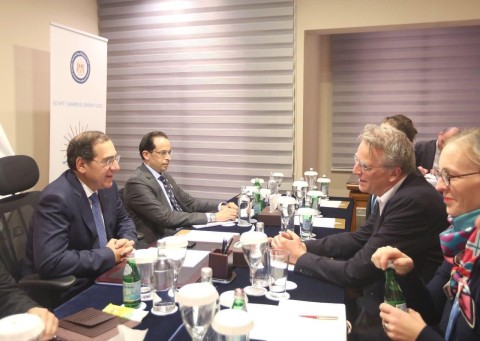Robert Habeck, the German economy minister, ruled out the use of nuclear power saying that extending the lives of the nation’s three surviving nuclear power reactors would only reduce gas use by 2%, Reuters reported.
He added during a conversation with citizens at the government’s open-door day that these savings were insufficient to be worth restarting the debate regarding the move away from nuclear energy given the consensus on the matter.
After the Fukushima nuclear tragedy in 2011, former Chancellor Angela Merkel introduced legislation with the support of the majority of voters to terminate the use of nuclear power by the end of this year. However, opinions are changing with worries about an energy crisis this winter as a result of a drop in Russian gas deliveries, and the triangular coalition itself is split on the issue.
“It is the wrong decision given the little we would save,” said Habeck, a member of the Greens party, which has it roots in the anti-nuclear movement of the 1970s and 80s.
Finance Minister Christian Lindner of the pro-business Free Democrats maintained his position that it would be preferable to temporarily extend the lives of nuclear reactors rather than restart coal plants on the opposite side of the argument.
We shouldn’t be too picky, but reserve all possibilities,” he said, adding that he would be open to an extension of “several years” in the current circumstances.
Habeck charged that the southern state and manufacturing center, which relies primarily on gas-fired power plants and has few coal-fired facilities, may be part of the issue by failing to increase wind power generation and upgrade the network.
Another aspect at play is the need for Germany to supply France with electricity as a result of a decline in nuclear output.
The outcome of the stress test, according to German Chancellor Olaf Scholz, should be known by the end of the month or the start of the following month; only then will a decision be made.
However, he noted that the situation in France, where over half of its reactors are offline due to corrosion issues and maintenance, demonstrated how challenging the technology was.
In contrast to renewable energies, he claimed that new plants were so expensive that they increased electricity rates.












